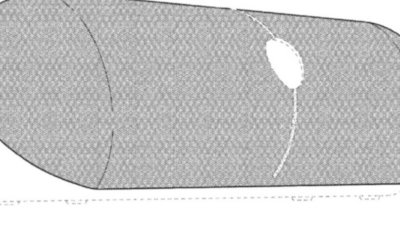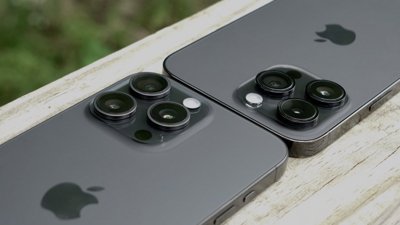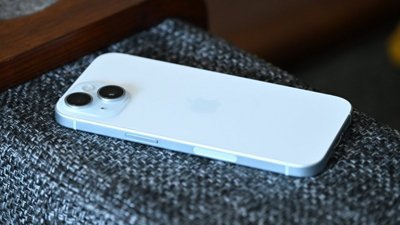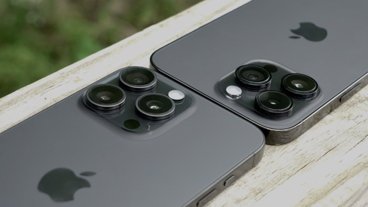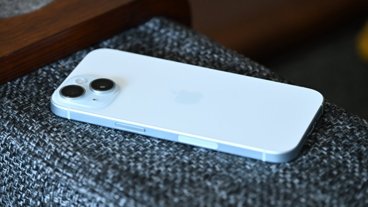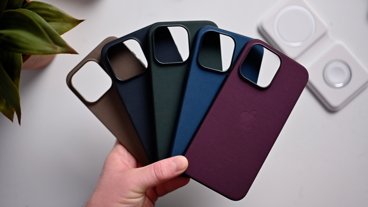Apple sued four times in two weeks over iPhone 3G speeds
The latest pair of suits, identical in almost every way save for the names of plaintiffs, join two from last week.
Florida residents Onel Gonzalez and Ron J. Brayteson filed a 24-page complaint in the Southern District of Florida on behalf of themselves and all members of the class in their state, demanding statutory, compensatory, and punitive damages plus interest. They also seek a ruling deeming Apple and AT&T's practices ruled unlawful, an injunction preventing them from "continuing to disseminate false and misleading advertising," and pay restitution for any ill-gotten gains.
Meanwhile, New Jersey resident Timothy Ritchie filed a 23-page complaint in the District of New Jersey for himself and all similarly situated members of his state, making the same demands as Gonzalez and Brayteson. Ritchie claims to have purchased his iPhone 3G in September 2008, while Gonzalez bought one in June 2008, and Brayteson in August.
Both suits use many of the same allegations made in the class-action lawsuit filed by four Texans last week, right down to the same phrasing. They, too, cite the conclusions of Swedish engineering weekly Ny Teknik that some phones aren't sensitive enough to 3G signals and boost their own signal to compensate, creating the network conflict.
Successive and independent evaluations contradict this theory, however, concluding that the iPhone 3G does not suffer from hardware issues but rather congested and inadequate wireless networks.
The filings spend several pages reprinting comments from blog posts and messageboards, including one customer who posted on Wired, "I have a brand new [iPhone 3G], and my home is inside an AT&T 3G coverage map (suburban area) and I NEVER get 3G reception. The iPhone flickers "3G" for a second or two and then it's all Edge all the way."
The latest complaints also allege hairline cracks in the iPhone's casing around the camera, near the volume rocker, and in other areas. Ritchie, Gonzalez and Brayteson all accuse Apple and AT&T of knowingly marketing the inherently flawed iPhone 3G devices without disclosing the 3G speed problems and hairline cracks that form.
The two sets of plaintiffs also posture their claims by referencing a August 2008 ruling in the United Kingdom that required Apple to stop advertising the iPhone's ability to access "all parts of the internet" as proof of the 3G woes. The UK regulator did not take 3G speeds into account, but rather the lack of Java and Flash support.
However, a second iPhone 3G ad was indeed banned late last year by the agency on grounds that it "it exaggerated the speed of the iPhone 3G."
 Zach Spear
Zach Spear

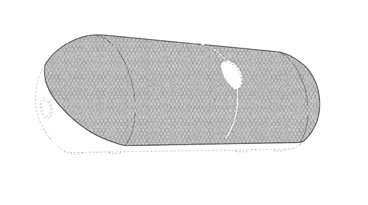








 William Gallagher
William Gallagher
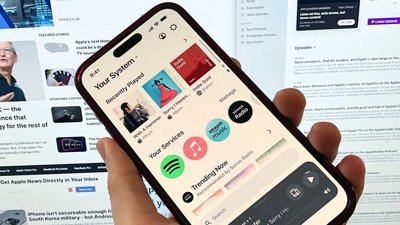
 Malcolm Owen
Malcolm Owen
 Mike Wuerthele
Mike Wuerthele